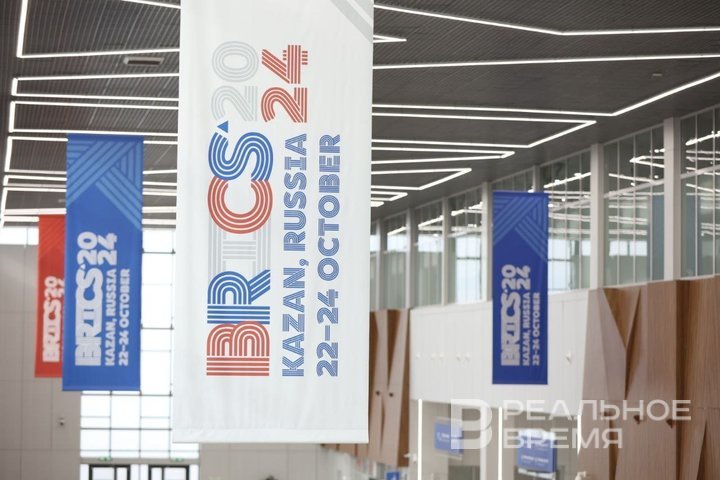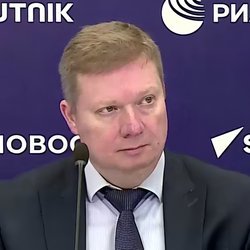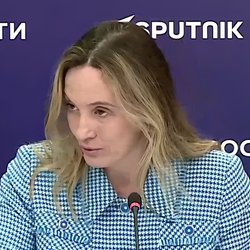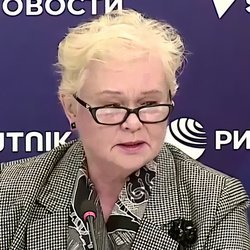Dmitry Suslov: ‘We know that any expansion adds a cacophony of opinions’
BRICS countries are entering a new era after the Kazan summit

The final Kazan Declaration adopted at the BRICS Summit outlines specific development goals for the participating countries and outlines ways of interaction in the long term. Experts analysed the results of the summit and considered Russia's achievements within its chairmanship, the prospects for the development of the economies of the participating countries and also identified the circle of key partners of the association. Read more about it in a report of Realnoe Vremya.
Five key aspects of the summit's success
“The summit was a great success for Russian foreign policy and the BRICS chairmanship,” said chief expert of the working group of the BRICS Expert Council Dmitry Suslov. He highlighted five key aspects of this achievement:
- More than 30 delegations from different countries came to Kazan;
- Harmonious integration of new countries into BRICS;
- Balance between growth ambitions and preservation of the core;
- General recognition of the reform of the world's main regulatory institutions;
- Common position of countries on national security issues.
“At BRICS, all decisions are made by consensus, not by majority”
Russia has successfully implemented the main task of its chairmanship. And at the same time, it was able to maintain the effectiveness and internal harmony in the organisation.

The number of member states has moved from five to nine, while maintaining unanimous decision-making, which increases its influence and makes it more representative. This is the opinion of the head of the BRICS-Russia Expert Council, Vice-Rector of the National Research University Higher School of Economics, Russia's Sherpa at the W20 Victoria Panova.

Of course, BRICS has ambitions for growth, but at the moment the priority is given to strengthening the core of the organization in order to maintain its effectiveness. A “partnership” format has been created for countries wishing to join BRICS.
“This morning I saw that one of the most important countries of the world majority, namely Indonesia — the largest Muslim country by population, the largest country in Southeast Asia, the main country of the Association of Southeast Asian Nations (ASEAN), announced that it wants to become a member of BRICS. This is a very important achievement,” said Suslov.
Points of financial cooperation that require further development
Director of Research of the National Committee for BRICS Research Irina Yarygina drew attention to the fact that Russian President Vladimir Putin rightly noted the respect that the BRICS countries deserve in the world community. This is reflected in numerous initiatives aimed at developing financial cooperation between the countries.
Key topics discussed in this area include tax and insurance policies, technology development, and ensuring the security of financial cooperation. Yarygina proposed creating special agencies that would deal with technology transfer and debt management in order to ease the debt burden for some countries.
Particular attention was paid to the development of the New Development Bank expanding the client base and strengthening partnerships. Yarygina also spoke about the importance of developing an investment platform and using new instruments such as Islamic financing mechanisms.

The Kazan Declaration did not reject the G20 and the IMF
At the same time, Dmitry Suslov emphasised that the document recognises the role of the G20 as a key platform for dialogue between developed and developing countries on issues of global economic governance.
Interestingly, the declaration speaks of the International Monetary Fund as the main instrument for ensuring macro-financial stability. This is especially important given that the IMF is part of the Bretton Woods system, which is under the influence of the United States. Suslov wonders given these factors how one can talk about the “anti-Western” nature of BRICS.